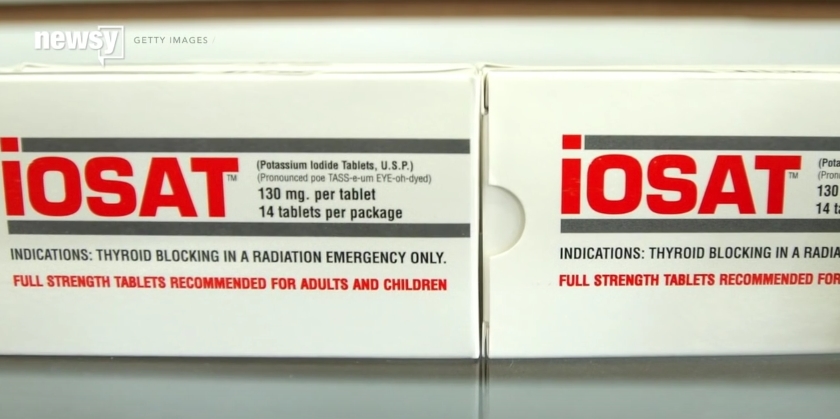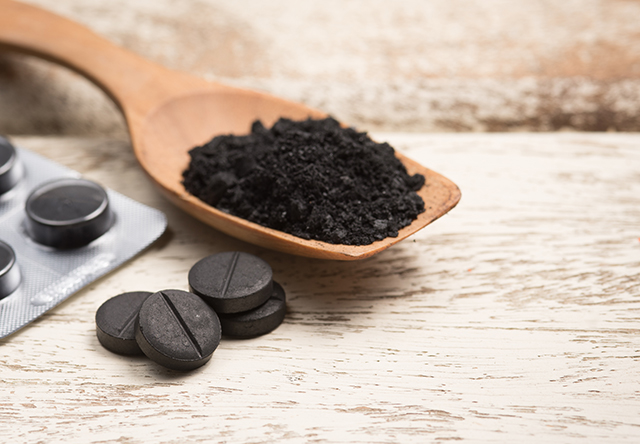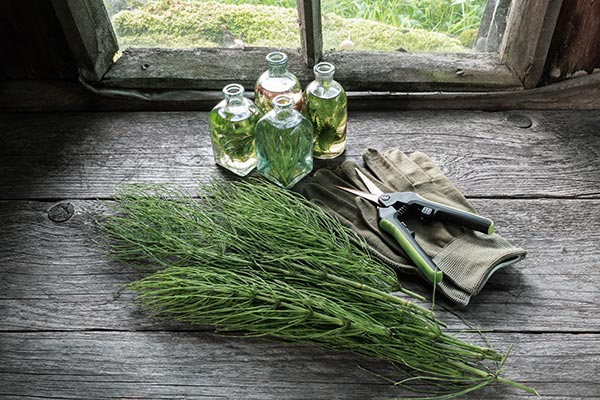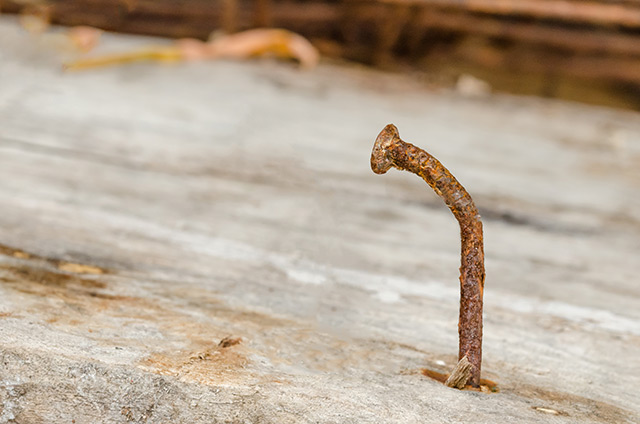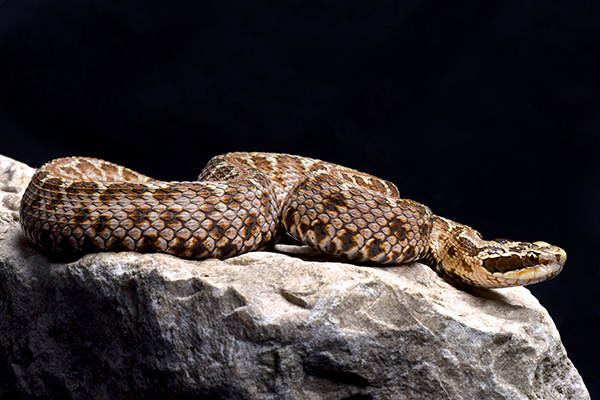10 Military skills that can help you survive after disaster strikes
04/29/2022 / By Zoey Sky
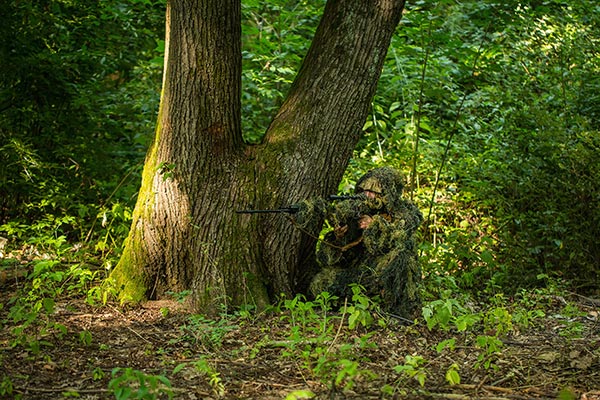
Having the right skills and mindset can help you stay calm while deciding what to do in stressful survival scenarios.
You can improve your chances of surviving after SHTF by learning important military skills like first aid and basic survival skills. (h/t to TheSurvivalistBlog.net)
When talking about survival, there’s no denying that the average airman, marine, sailor or soldier is more capable of dealing with unforgiving conditions common in natural and man-made disasters than most civilians.
Members of the armed forces are trained from day one to survive and overcome anything even during combat. While preppers might not face something that harrowing, members of the military are great role models when it comes to skill development.
Detailed below are 10 important military skills that are useful for most survival situations.
Basic survival skills
Basic survival skills are the most necessary for your survival. These skills ensure that you have air, shelter, water and food when SHTF.
The men and women of the armed services could find themselves and their comrades in any number of environments with different hazards and they will be expected to operate effectively in these environments even if SHTF. As a prepper, you can also benefit from having the same basic survival skills when disaster strikes.
These basic survival skills will help you survive after SHTF:
- Constructing a survival shelter
- Firestarting
- Finding water sources/filtering water for drinking
- Foraging
Combatives (hand-to-hand combat training and techniques)
Even those in the military also train in hand-to-hand combat. When preparing for self-defense, you need to remember that sometimes you don’t need a firearm.
When SHTF, learn to decide when a situation can be resolved with a firearm and when to resort to hand-to-hand combat.
Hand-to-hand self-defense involves striking with your hands and elbows, escaping grabs, grappling, footwork and different basic chokes and other holds that you can use to control your opponent.
Concealment
Every functional piece of clothing, equipment and weapon that the military uses is camouflaged. While this helps provide a sense of uniformity, team spirit and easy identification at near ranges, those in the military wear camouflaged uniform to blend in with their surroundings.
If you are hunting or avoiding an attacker, learn how to use the right kind of camo gear. Learn how to camouflage yourself, your activities, your movements and your equipment in any environment as needed.
Crisis planning
According to a saying in the military, no plan survives first contact with the enemy. This means everything you plan for can and might go wrong when you least expect it.
Prepare for a survival scenario by learning what to do during a man-made or natural disaster so you don’t panic when things go wrong. It’s good to have a plan, but you should also have a plan B in case things don’t go as expected. (Related: 10 Prepper skills that will help improve your street-smarts.)
First aid and casualty care
Active warzones and disaster areas both have many ways to injure or kill you. Both are dangerous and any event, big or small, means somewhere, somehow, someone could get injured or wounded.
While the specific hazards that you might face in a disaster area are different from the hazards that a soldier faces in an active conflict zone, knowing first aid can help you survive after SHTF.
Before things go bad, learn how to treat burns, crushing injuries, hazardous chemicals, lacerations, noxious gases or fumes or penetrating injuries. In a survival scenario, help might take a while to arrive and first aid can save someone’s life or even yours.
Maintenance and repair
Every member of the military understands that all equipment he or she is responsible for must be kept spotless, serviced and operational at all times.
As a prepper, you should also apply the same kind of discipline when handling your firearms, other weapons and tools. Learn how to maintain and repair your equipment so they are in good working condition whenever you need them.
Marksmanship
When SHTF, your marksmanship skills may be crucial to your survival. And even if you’re not dealing with an attacker, your skills with a firearm or other weapon can be useful when hunting for food.
Take the time to learn how to use your chosen weapon properly and responsibly to avoid any accidents if you ever need to defend yourself or your loved ones.
Navigation
Learning how to navigate without modern technology may also be key to survival after SHTF. After all, when disaster strikes you might lose your gear or the internet might not be accessible.
If you get lost while trying to head to a safe location, you may need to go old school. Before this happens, learn how to navigate using only basic tools like topographical and road maps and a high-quality compass.
Rucking
Rucking or ruck marching is another useful military skill that will benefit any prepper, especially if you are camping or hiking frequently. Rucking will also be useful if you need to bug out when SHTF.
Rucking means training so you can carry a huge, heavy backpack full of supplies without getting tired too easily. Like all members of the military, you need to be fit enough to haul heavy loads for some distance using just your body.
Signaling
Signaling techniques are used in the military for different tasks. This skill is used to communicate basic or complex information and can take many forms.
Some signaling skills are flexible or multi-mode, meaning they are both useful in the visual or audible spectrums. One such method is Morse code, which can be conveyed with something simple like a blinking flashlight or sounded out over a radio.
Before SHTF, learn how to signal for help or communicate with other preppers so you can get in touch with family and friends even when the grid goes down.
Even though you’re not in the military, first aid and navigation skills can help you survive a disaster so learn them before it’s too late.
Watch the video below to know how to prep an individual first aid kit (IFAK).
This video is from the Real Apocalypse channel on Brighteon.com.
More related stories:
Prepping before SHTF: 16 Items for your survival first aid kit.
Essential survival skills: How to purify water when SHTF.
Prepper must-haves: Food and water are essential to your survival.
Sources include:
Submit a correction >>
Tagged Under:
bug out, disaster, emergency medicine, first aid, military skill, off grid, preparedness, prepper, prepping, prepping skills, self-defense, SHTF, survival, survival medicine, survival skills, Survival Tips, survivalist
This article may contain statements that reflect the opinion of the author
RECENT NEWS & ARTICLES
EmergencyMedicine.News is a fact-based public education website published by Emergency Medicine News Features, LLC.
All content copyright © 2018 by Emergency Medicine News Features, LLC.
Contact Us with Tips or Corrections
All trademarks, registered trademarks and servicemarks mentioned on this site are the property of their respective owners.






